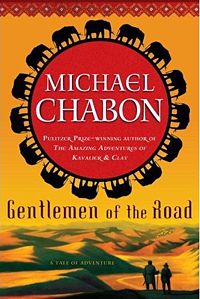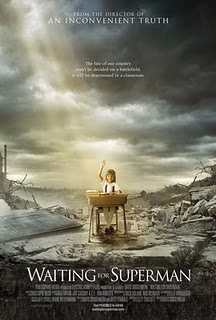On Monday, I began furiously prepping my film music class for Tuesday evening. We've reached the 1980s in the class and I was sorting through various scores and movies to determine what I wanted to play for the class. Since the late 1970s and early 1980s saw the fruition of the synthesized score, I wanted to play them an example, but figured most had heard the use of synthesizer in action films, and I was already showing two science-fiction movies so needed some contract, otherwise I would have played bits of Vangelis's excellent score for Blade Runner. Suddenly, Maurice Jarre's intriguing score for Witness came to mind and so I pulled it off the shelf and began writing about it.
I covered Maurice Jarre two weeks ago when we were in the 1960s and we discussed his magnificent score for Lawrence of Arabia. I gave a bit of his background (his training was in percussion, which points to why his scores are so rhythmically based), flashed a picture, and moved on. I decided I needed to flash a picture with his birth date again, so I googled him to make sure I had it correct. And there, buried a few links down, was Maurice Jarre's obituary. I teach contemporary music; composers die and I dutifully mark in their death dates in my notes, slides, and handouts. But I had never had a composer die between two mentions in my class two weeks apart.
Even that oddity wasn't what really struck me. Instead, I was stunned that I hadn't heard anything. Nothing. Here was the composer of Lawrence, Doctor Zhivago, Fatal Attraction, Witness, and Mad Max III, yet few in the American press or blogosphere took note. So, here's a bit of Jarre, his overture for Lawrence of Arabia, his greatest accomplishment:
Surprisingly, Jarre was not the first choice for the score. Director David Lean wanted Malcolm Arnold, who scored Lean’s Bridge on the River Kwai, then tried for William Walton, then Benjamin Britten, then Richard Rogers (of Rogers and Hammerstein), and finally Aram Khatchaturian. But Jarre brought an admirable restraint to the film. Yes, he used a full symphony orchestra, but also an electronic instrument – the ondes martenot, a plucked string instrument from the region – the cithara, and an Arabian hand drum – darbuka. He then used his timbres to produce two sounds: English tunes that represent Lawrence and the West and Arabian tunes to represent the land and Lawrence in Arabia. A forward-looking score for its time.
Self-doubt in the tech industry
2 years ago




No comments:
Post a Comment